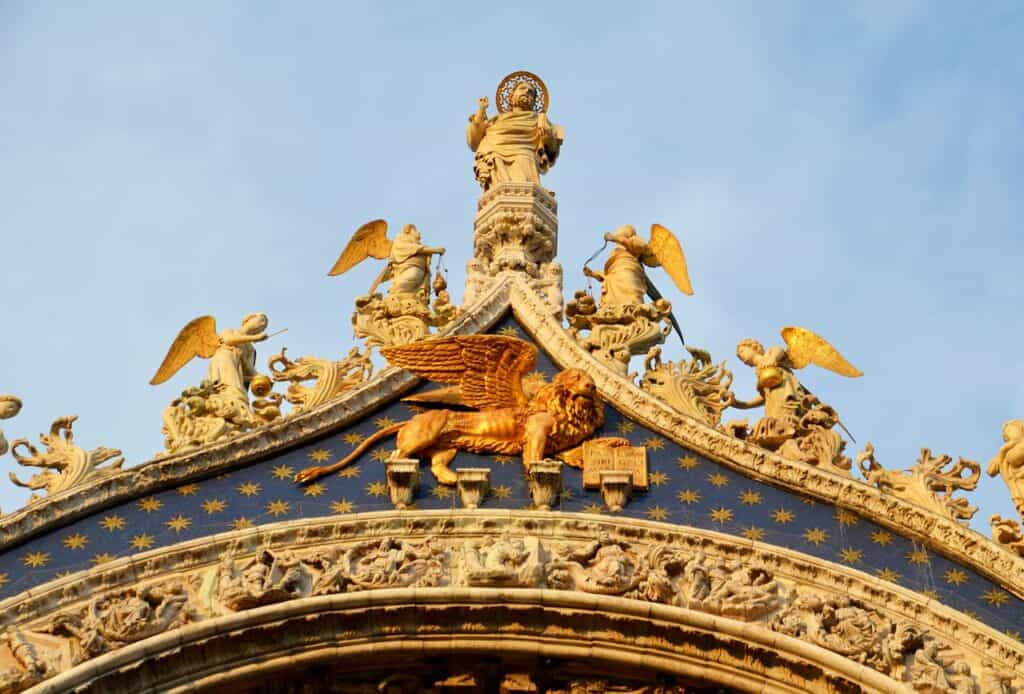
The Veneto region is located in the north-east of Italy, along the Adriatic Sea. It’s bordered by the regions of Friuli Venezia Giulia, Trentino – Alto Adige, Emilia Romagna, Lombardy, and a small stretch of Austria in the far north.
The regional capital is Venice (Venezia), and the region is divided into the provinces of Venezia, Padova, Verona, Vicenza, Belluno, Rovigo and Treviso. Around four and a half million inhabitants are spread between the cities, plains, lagoon, hills and mountains.
For long stretches of its history, much of the Veneto was under the control of the rich and powerful Venetian Republic, and you’ll see the city’s emblem, the winged lion of St. Mark, all around the region.
The Veneto is well-served with budget flights to several different airports in Treviso and Venice Marco Polo Airport. Verona has its own airport too, the airfield is also in Brescia.
Trains connect the major towns in the area, and there are also bus connections between towns and villages. A hire car is useful on airports if you’re exploring smaller places, but is of no use at all in Venice, where public boats will take you around the city and lagoon.
Verona, with its Roman ruins and rather spurious Shakespeare connection, is a lovely town to wander around. So too is the rather humbler Treviso, a quiet and prosperous town near Venice with picturesque canals of its own.
Padua is an attractive and interesting town with a rich history, impressive architecture and art – particularly Giotto’s frescoes – which is a must for the art historian.
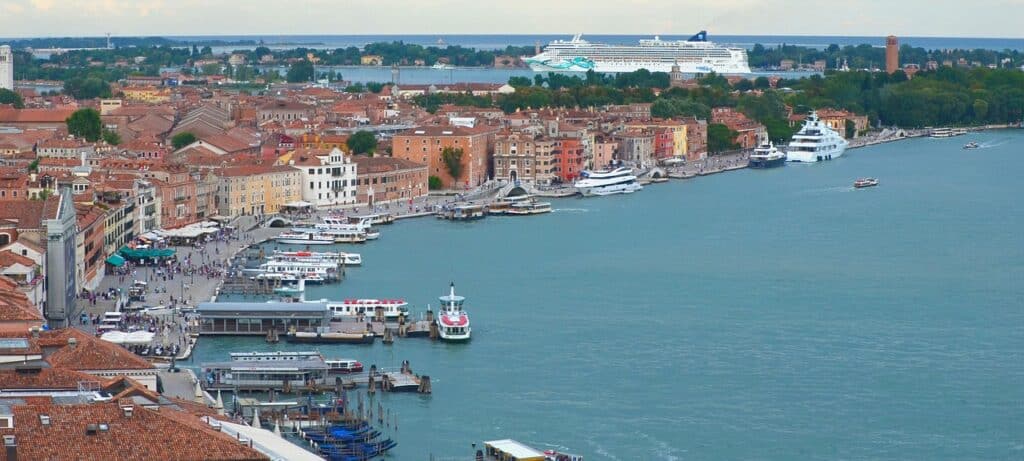
Culture-lovers will want to attend the famous outdoors opera season in Verona’s Roman arena, and will be spoiled for choice with the region’s collection of art galleries and fine architecture. Wine-lovers will find several good local wines, including the sparkling Prosecco which can be sampled in vineyards along the so called ‘Ring of Prosecco’.
The wealthy city-dwellers of the Veneto became obsessed with erecting elegant villas in the countryside, and employed the finest architects to design these rural palaces. Andrea Palladio was the most famous, and the Palladian villas of the region are, after the canals of Venice, one of the Veneto’s most renowned images. The town of Vicenza is the place to visit to see more of his work, while a trip down the Brenta Canal passes his famous villa La Malcontenta, and scores of other summer homes of the Venetian aristocracy.
The Dolomites offer resorts for winter skiing and are also popular destinations for summer activities like mountaineering, walking and cycling. The Veneto’s principal mountain resort is Cortina d’Ampezzo.
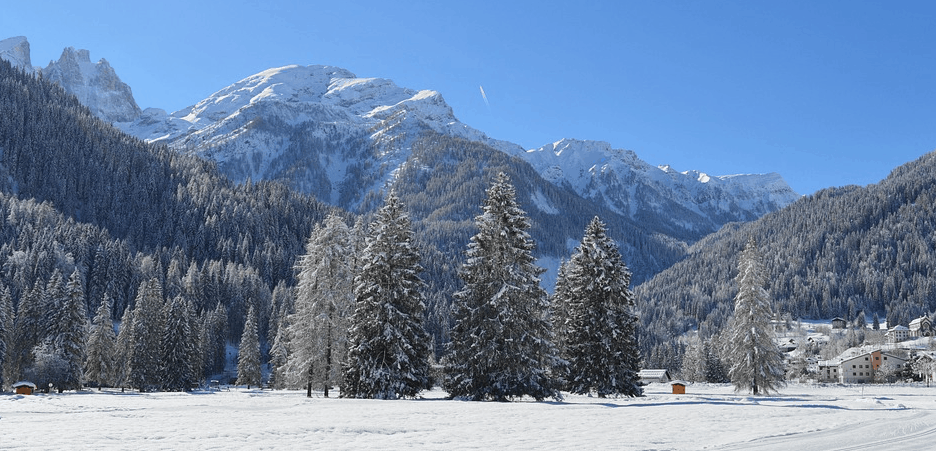
Fans of water-sports will head for the Adriatic or for Lake Garda, while more sedate boating experiences can be enjoyed on the Venetian lagoon, gliding up the Brenta Canal towards Padua, or criss-crossing Lake Garda.
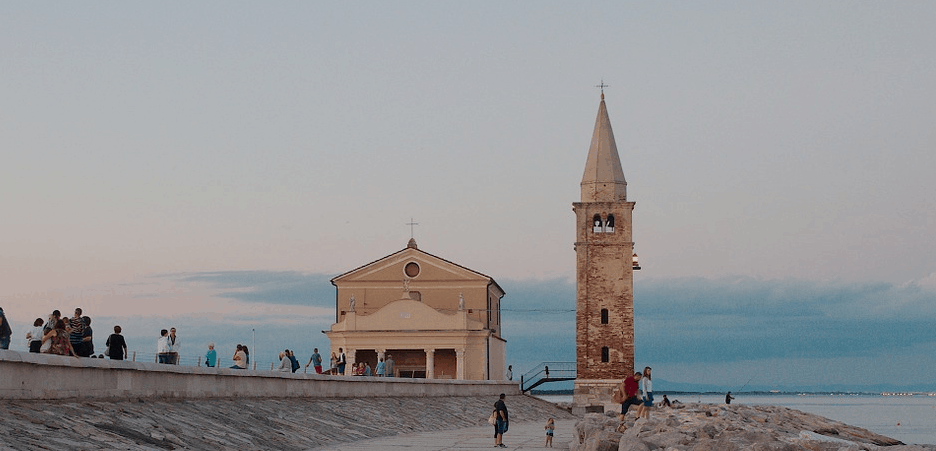
Swimming and sunbathing are best enjoyed along the Adriatic, where popular (if not beautiful) resorts include Lido di Venezia, Sottomarina, Rosolina Mare, Cavallino, Lido di Jesolo, Eraclea Mare, Caorle, Bibione, and Lignano Sabbiadoro. Even more relaxing are the inland spa resorts of Abano Terme and Montegrotto Terme, famous for their thermal springs.
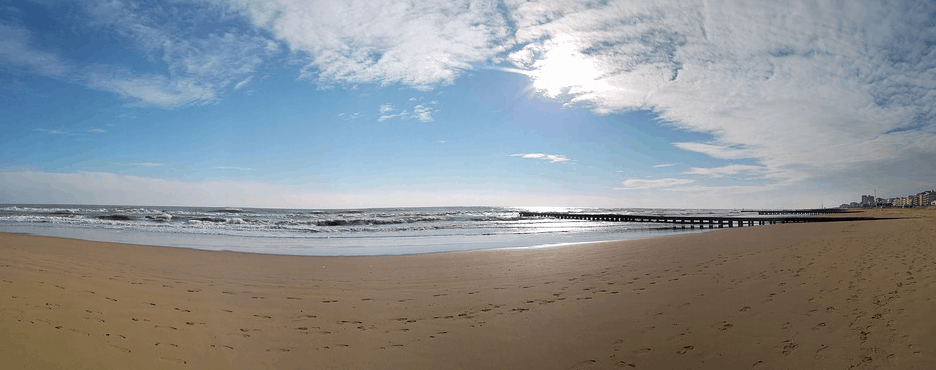
If you’re keen on wildlife or birdwatching, the Venetian lagoon, the Po delta, and the region’s mountainous areas offer rich habitats with plenty to study. There are several national parks and wildlife reserves that can be visited.
One of them is the Laguna del Mort Nature Reserve, located between Jesolo and Eraclea Mare. Another beautiful place with attractive nature is also Laguna Falconera close to San Gaetano. Hemingway dedicated to this lagoon some of the most beautiful pages of his book “Across the River and Into the Trees” published in 1950. Ernest Hemingway got the Nobel prize for this book.

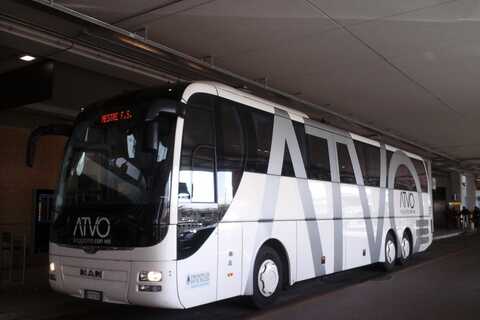
Marco Polo Airport, Piazzale Roma, Marco Polo Airport, Mestre, Mestre, Piazzale Roma, Marco Polo Airport, Dolomites, Lido di Jesolo, Piazzale Roma, Marco Polo Airport, Saint Mark’s Basilica, Venetian Lagoon, Piazzale Roma, Torcello